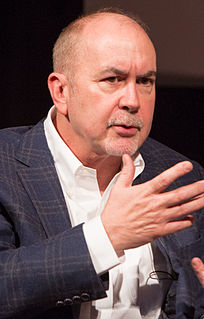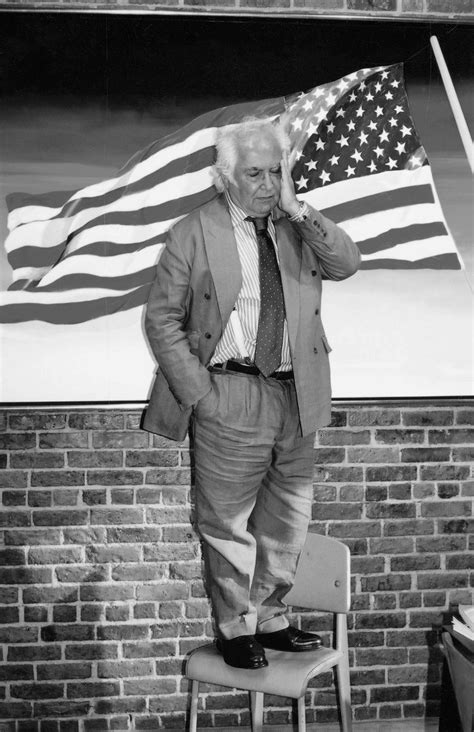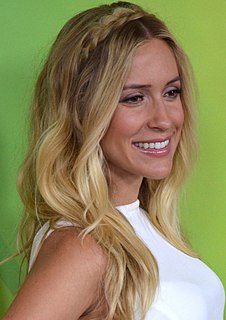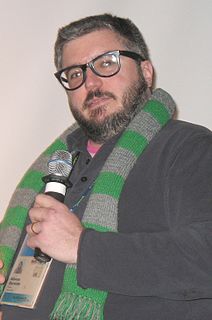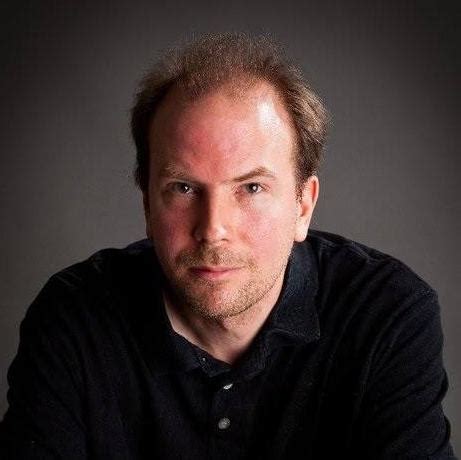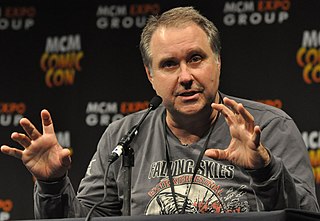A Quote by Terence Winter
I started with the book 'Boardwalk Empire' and then immersed myself in the history of Atlantic City, World War I, the temperance movement, Prohibition, pop culture. I even read the news and magazines of the period just to soak in it. That was before I even started thinking of the story.
Related Quotes
I read a lot, I always read. I like to be inside a story. When I started acting, even in high school, it sort of felt like that's as close as you can get to being inside a book, and I feel that way even with movies more so, because you've kind of created this imaginary world, and everybody is colluding to create it.
By the late '50s, something was happening in England, and it got to be quite exciting. The music world then started to explode with the Beatles and the Rolling Stones. It was an incredible time with this mixture of independence in art, fashion, and the explosion of the pop sensibility. London was certainly at the center of it all for a few years. And as far as art is concerned, I think that sensibility of what was later called Pop art started in England even before America. And so I was lucky to be there.
Books have survived television, radio, talking pictures, circulars (early magazines), dailies (early newspapers), Punch and Judy shows, and Shakespeare's plays. They have survived World War II, the Hundred Years' War, the Black Death, and the fall of the Roman Empire. They even survived the Dark Ages, when almost no one could read and each book had to be copied by hand. They aren't going to be killed off by the Internet.
The problem started before World War I. The gold standard was working fairly well. But it broke down because of the war and what happened in the 1920s. And then the U.S. started to become so dominant in the world, with the dollar becoming the central currency after the 1930s, the whole world economy shifted.
I wrote as a kid, but I never wanted to be a writer particularly. I had been drawing and painting for years and loved that. And I meditate, and one time when I was meditating, I started thinking, "Gee Gail, you love stories -- you read all the time. How come you never tell yourself a story?" While I should have been saying my mantra to myself, I started telling myself a story. It turned out to be an art appreciation book for kids with reproductions of famous artworks and pencil drawings that I did. I tried to get it published and was rejected wholesale.
After I quit being a lawyer in '95, I was having a lot of trouble writing. Then I read somewhere that Willa Cather read a chapter of the Bible every day before she started work. I thought, 'Okay, I'll try it.' Before each writing session, I started to read the Bible like a writer, thinking about language, character, and themes.
When I started graduate school we did this publishing class where we learned about submitting and read interviews with editors from different magazines. A lot of them said they got so many submissions that unless the first page stuck out or the first paragraph or even the first sentence they'll probably send it back. So part of my idea was that if I have a really good first sentence maybe they'll read on a bit further. At least half, maybe more of the stories in Knockemstiff started with the first sentence; I got it down then went from there.
Suddenly, I realized how tough trying to structure a story like this is. It was a lot of work. The one big advantage that we had was that we had eight scripts written before we started shooting, or even started casting. We had a really good opportunity to look at it and figure out where we were going to go and how to do it. Once we got a cast, which I love, then we started doing some revisions to make sure that they fit into it.
